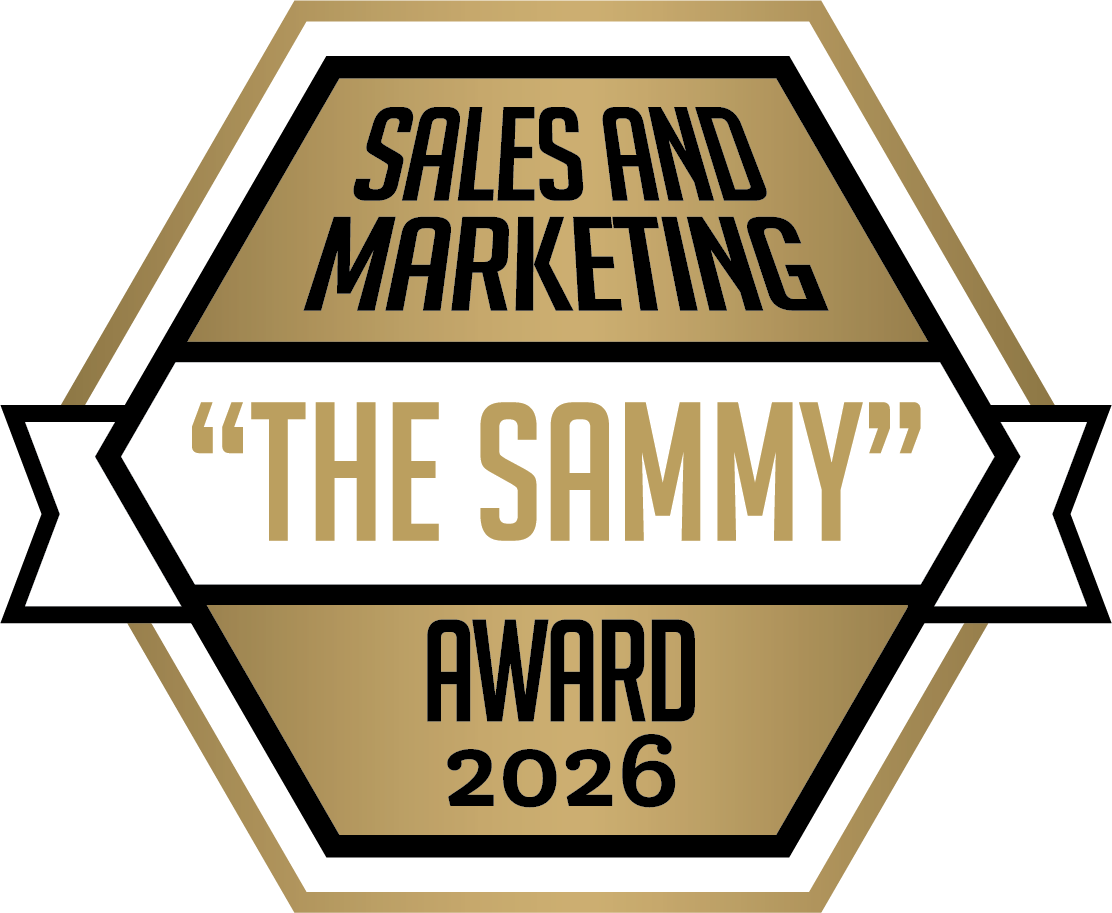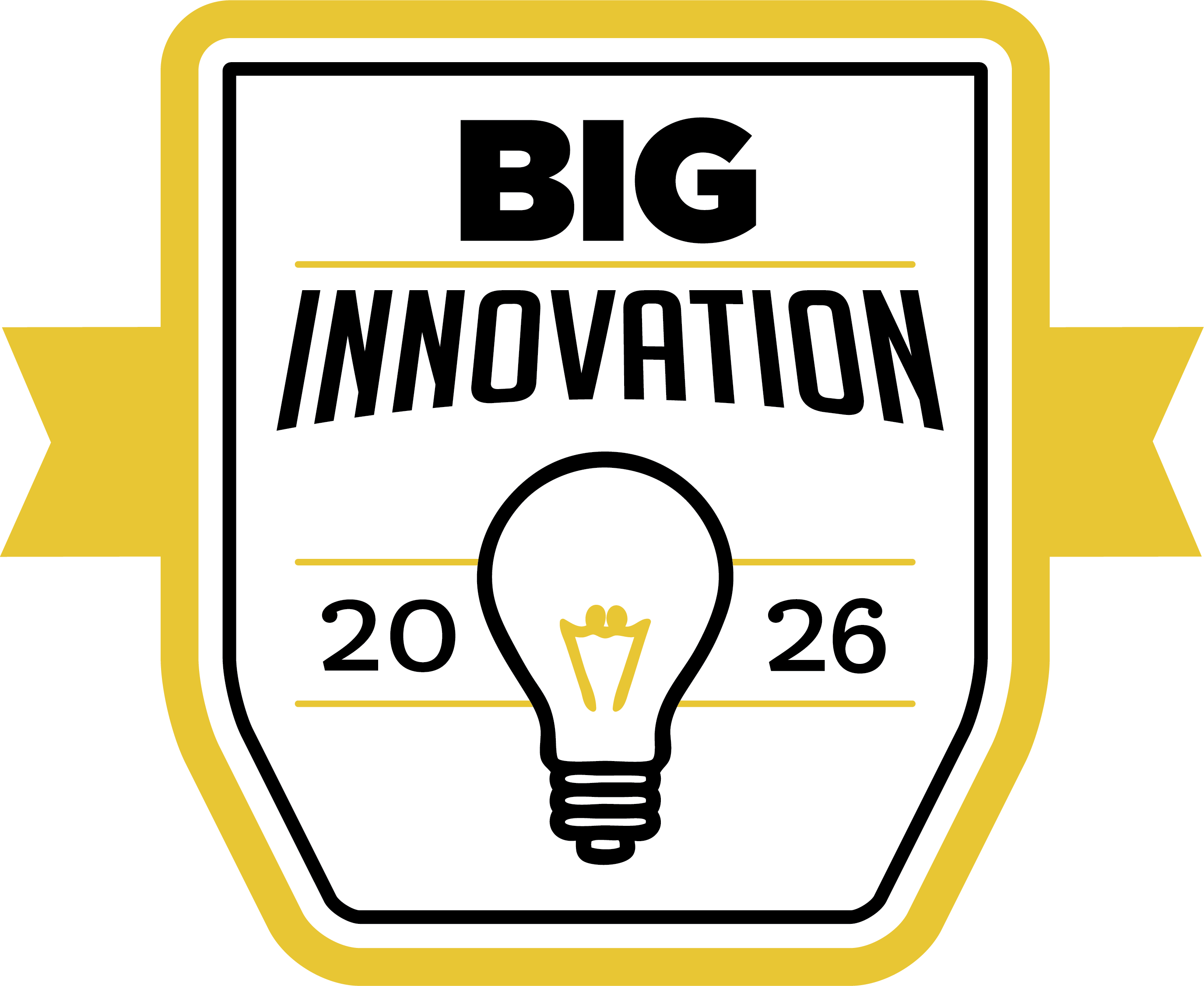


Dane Atkinson is a serial entrepreneur, having grown SenseNet and SquareSpace into significant leaders in their respective markets.Now Dane is taking the world of big data and business intelligence head-on as CEO of Sumall. The mission seems to be simple, give companies powerful business intelligence tools to help them better visualize and understand their analytics data so they can make better decisions and more money.
Interview Transcript
Russ: Good afternoon, everyone. This is Russ Fordyce from the Business Intelligence Group. Today we're doing a SYNC interview with Dane Atkinson. Now Dane is a serial entrepreneur. He started a company called SenseNet when he was 18, then went on later to found Squarespace, and now he's got a new project called SumAll, and we're going to talk to him about SumAll. Dane, thanks for joining us and welcome to our SYNC interview.
Dane: A pleasure. Happy to be here.
Russ: So you've had a lot of experience in kind of being an entrepreneur and developing companies. What really drives you into these kind of new markets and developing these new companies?
Dane: Well, the lifestyle is relatively addictive. One of the better quotes is that it's sort of a pirate life. It's less about the treasure at the end and more about the experience of trying to change the world and do things interesting. So I've been infected since youth and can't imaging a different way to go. I think the thing that's also missed is, there's a lot of choices in life, but the entrepreneurial style actually gives you the best way to personally develop. When you work at a large organization, you can usually insulate your decisions by the team around you. So if something goes wrong, it's not necessarily your fault. It's the manager's fault. It's the organization's fault. When you're an entrepreneur, if you don't get people to buy your product, it's pretty much your fault. And that's a really harsh lens to look at yourself with it, but it's also a great way to evolve. Yeah, differently.
Russ: We were talking right before we started about failing, and about failing fast and failing often and making sure you're failing quickly. I would imagine that you've done a lot of failing, trial and error. How do you deal with the rejections and the failing?
Dane: I think that you have the right perspective that failing isn't as classically defined a failure. It's an investment. It's an education. So if you look at it in that fashion, that this is a long-term path, and there will be battles won and the wars, hopefully you'll be victorious, but many of the battles lost. It's a little less rough. That said, my first company got to be pretty big, my first major company. We had hundreds of people on different continents. When it tanked due to a lot of different variables, it was a very hard experience to go through. It's gotten a lot easier to deal with that kind of emotion afterwards. But I think the first time you build a company, you get more of your soul imbedded in it, and it's a rougher failure. But if you can get through that and come out the other side, it's pretty good.
Russ: Yeah. So you're now helping companies realize where they're failing on their social media and analytics and all their online platforms. Tell us a little bit about SumAll and kind of the origins of that and what you're looking to do.
Dane: So the origins. We feel that data is a better way to inform your decisions. Big businesses have certainly used information to optimize their plans. There seems to be a growing gap, though, between what small businesses, even what medium-size business have compared to those big guys. As the information multiplies literally every year, there need to be ways that humans can actually access their information in a smart fashion. So we started out creating an experience where you can link up all of your cloud data that you don't normally see into one environment. That's your Google analytics or your Braintree or Authorize or Stripe. And actually look for patterns amongst that data without having to be an engineer or an analyst or any of those sort of heavy lifting jobs. It's deployed against everybody. It seems, obviously we're on a rising tide. Big data's a big tide. But our application is definitely, even though it's far from perfect, we hit some chords. It's growing very nicely.
Russ: I would imaging you're going through that hockey stick growth period right now. You're getting good exposure in the marketplace, mentions everywhere. How are you dealing with that growth, both from a systems perspective, and also how are you dealing with that growth from just time and family and even employees.
Dane: We've been to the hockey stick before, so we're as a team better oriented around the family and organizational structure. What we got really slammed with was the amount of data we ended up onboarding. In the last quarter, we added almost a half trillion impressions. So if you consider your website having 100,000 visitors, we're tracking a half trillion, or 500 billion of them now, across all our customers. And that made us a very big data company and really slammed our infrastructure. So we spent the last quarter somewhat unplanned putting more investment there. It's all slowed down our customer onboarding, which has all been fixed. But it was harder than we expected. Growth can be a lot of fun.
Russ: Now you are famously known in the tech community as the CEO of Squarespace, and I think your value proposition there is really helping companies to avoid that slam, or avoid the effects of the slam. So are you eating your own dog food, drinking your own champagne with the Squarespace platform, or are you leveraging your knowledge there and building a new platform.
Dane: We love Squarespace, so we're still using their platform for our blog. And obviously the expertise of building a scaled infrastructure deployed across everything. I think that Squarespace has had its own hockey stick of growth. We sort of modelled around that kind of environment, but we didn't anticipate sort of the Fortune 1000 enjoying our system as well. So when you get mega sites putting their traffic against us, that was even more than we had initially anticipated, but you're right. One of the secret sauces for Squarespace is that it never goes down, and that it always provides a stable environment for people to look at their sites on. And that's what we're trying to bring over here is that reliable environment where your data is always there, and we've been able to maintain that. It's just been a very sharp hockey stick.
Russ: You said something interesting, which is the Fortune 1000 or fortune 500 are adopting your platform. I think there have been a lot of statistics coming out that the marketing departments will outspend the rest of the company for IT budgets, in their own IT budget. And you're definitely playing into that. Even small guys and large guys that are looking for better or faster or more nimble tools. But you've got an interesting pricing model with SumAll. Why don't you tell us a little bit about that pricing model and how it will evolve.
Dane: So we believe that your own information should be free, because it's yours to start with, and all we're doing is letting you see it. So for most of our lifespan we've been entirely free. And we'll persist with having some affordable application always available to everybody. And now we're trying to figure out how to intelligently price it. We've been doing price testing this last quarter. The trick for us is, to your point, the marketing departments are very heavily engaged now trying to find tools, and we were stunned that giant companies would push all their data towards a little unknown company like us. But it just shows that the frustration is almost universal. Even in big organizations, there's still a lack of visibility, particularly inside the organizations that don't have the engineering analytics around them. So our struggle will ultimately be how do we provide a pricing model that supports a billion dollar business down to the person in scarves. But it's sort of how ad words or analytics or any of those kind of things work, if you adopt that same kind of flexible structure.
Russ: You're also kind of taking on the big gorillas in this space. There are large-scale corporations, some in the Fortune 500 themselves that are interested in this space and trying to deliver, pardon the pun, business intelligence into these organizations. How are you adapting or evolving the market based on what you know about those big gorillas?
Dane: We are very much the antithesis of the big gorillas. Their installations are heavy, deeply integrated, tied into a lot of data points unique to those organizations, very costly. They do provide insights that we don't get to. So they're much better at determining a single individual customer that's scaled through your shopping cart, or in this case through your overall process. We are extremely lightweight, very fast to get going. It's minutes to get all your data into our environment. And provide a more transparent view of everything you're doing, which turned out to be useful to the big companies as well, because I don't think we have that same sort of overview. Even people using tools like Omniture and IBM look to us because they can get a better overview than they can with those tools. We are almost a market opener. So I think the thing that's exciting for the industry is it's obviously growing, but our piece of it is, we're getting people to appreciate data and recognize patterns across different data sets earlier. So they'll see things like weather's impact against sales, or an understanding of how some social traffic actually draws revenue behavior, where other social traffic does nothing. That may not get down to the post level or the atomic level, but it at least encourages the customer to figure out what's going on, and that will drive them to other tools out there. We see tons of our customers getting excited about how to figure things out, and then going to sort of vertical applications to get a deeper dive.
Russ: Do you see yourself evolving the product to bring more business intelligence to the data? Meaning, are you going to look to spot trends for your customers and try to give them alerts, or are you leaving all that kind of analysis up to them?
Dane: It's tricky. We've been looking at algorithms that apply across all of our customers. But the problem is when you have tens and tens of thousands of businesses, they are so varied that it's very tricky to have the same level of intelligence that a customer has about their own information. So what we're doing is, we provide guidance where things are headed. So we do trend analysis, sort of projections of where things are. And we're starting to do pattern recognition against your different data sets to really illuminate patterns. But it's always going to be to a degree up to the customer to cipher out what's really happening. We just want to provide the best practices or the guidelines of what they should be looking at and where insights might lie, what other people have discovered. But no, the customer is going to, hopefully through a nicer experience like ours, be able to determine things that would be very difficult for an application to do on its own.
Russ: I would imagine your tool, like others in the marketplace in various arenas, is very ripe for developing a community that can kind of self-serve. You've seen it with Marketo and SalesForce and others that are providing these very powerful, rich, flexible, fast platforms. Do you see yourself growing into that kind of community model.
Dane: Absolutely. That's another lesson we learned from Squarespace is, you really want to make sure you have enough velocity before you turn the community switch. We're very lucky to have an extremely active population. We're at the point now where with 30,000 active sites, it's pretty easy to turn on a community and expect them to sort of support each other. We're only a year and a half into our application, so we didn't want to do that, but we just had several thousand there. We think that historically the best way to improve your business is to get support around you, that is to get other people to give you their insights and help you drive towards behavior change. So it's definitely part of our road map.
Russ: Speaking of your road map, what else is in the road map? What are you looking at in that three to six month, nine month window?
Dane: Well, nine months in our world is very long. We push a feature pretty much every second day. So the big thing that we're coming out with is we're going to constantly continue to update the amount of streams that you can get, so we have Mail Chimp, Constant Contact, SCO [inaudible 0:12:16], Tumblr, another 10 or 15 expected to come out over the next month and a half, which obviously broadens what you can see in our tool and understand. From a features side standpoint, we're trying to help illuminate what's in there and make it easier for people to get their data out of the system, make it easier for people to analyze what's happening in real time. Even though our graph is in real time, it's ideal looking at it in full time series. We're trying to eliminate what's happening in that moment for folks. Detail out their reports they're getting. There's a lot of features. It's pretty crazy.
Russ: Well, I can tell you from a personal perspective, we've been using the platform. It's very easy to get into. I would encourage everybody to give it a try. It's remarkable how easy it is, and how quickly you can bring your own data into it. Kudos to your team for that, for making it that easy.
Dane: Thank you. Thank you. That's the trick really.
Russ: So you gave me a little bit of hint as to why your studio there looks so goofy with the black tiles. Can you tell us again the history of that room?
Dane: Yes. We're in Soho, which is a great place to have your office. This room was, at least according to Wikipedia, the original recording studio for The Beastie Boys and a lot of other bands. So you can't really see it here, but the ceiling of this whole area is dropped about 2 feet from the ceiling in general, and the floor is also raised. So we sort of reinvigorated and added in a podcasting studio where they do some shows out of here. It's good vibes. It's good energy.
Russ: Have the boys come back to party or anything?
Dane: No. But we'll be sure to send them an invite. We should get them as our background jingle. See if we can [inaudible 0:13:54].
Russ: Now, you're still CEO of Squarespace, correct?
Dane: No. I'm no longer CEO of Squarespace. The original founder is now CEO of Squarespace. I am just the CEO of SumAll. I'm pretty much dedicated to this entirely.
Russ: Obviously, you guys are running at a very, very fast pace. In the hour that you get off a week to focus on other things, what do are you doing personally to kind of relax and have fun.
Dane: That's tricky. These entities at this stage are really very demanding babies. There's not much down time, much at all. I think for my brain, it's usually best to do things that are highly different and much more physical. So either sports like scuba diving, or building things with my hands so I feel a material change, versus just the [inaudible 0:14:47] ones that we play at all day long.
Russ: That's great. I appreciate you taking the time. We've been talking with Dane Atkinson of SumAll. You can find his new application, business intelligence application for small and apparently large-scale businesses at SumAll.com. I do have to ask you one last question. Is the SumAll name a hearken back to the geeky days.
Dane: I'm glad you get it. Not everybody does. It absolutely is. It's the Excel equation, the sum all.
Russ: That's great. Thank you for joining us. We appreciate your time.
Dane: My pleasure. Thank you for having me.
Russ: This has been Dane Atkinson with the Business Intelligence Group for another SYNC interview. Thanks, Dane.
Dane: Thanks.









